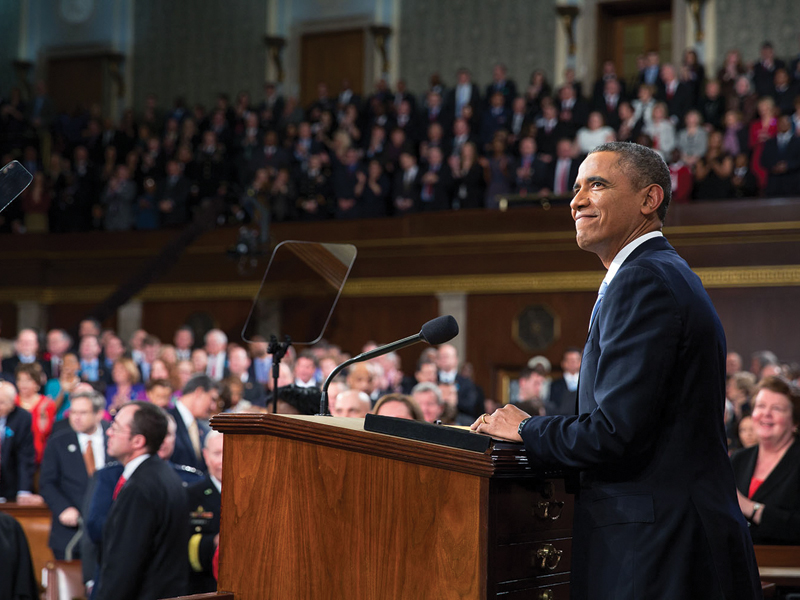
In the wake of colleges across the country finishing their graduating ceremonies, President Barack Obama has announced a set of measures intended to reduce the record levels of student loan debt, including additional plans to cap loan repayments.
“At a time when higher education has never been more important, it’s also never been more expensive,” Obama said in a June 9 speech announcing the changes. “We are here today because we believe that in America, no hardworking young person should be priced out of a higher education.”
The largest action is an expansion to the Pay As You Earn (PAYE) program, a law passed in 2010 that caps a borrower’s repayment of student loans at 10 percent of the borrower’s discretionary income. Borrowers enrolled in the PAYE program are also eligible to have the sum of their remaining debt be forgiven after 10 years if they work in the public sector, or after 20 years anywhere else.
Currently, only people who took out loans after October 2007 for more than four years are eligible for the program. Under the new executive action, students who received loans earlier than October 2007 will be permitted to participate, which the White House estimates will help an additional five million people. The changes to the PAYE program will take effect in 2015.
The White House also announced that it would renegotiate contracts with the companies working with student loan debt, such as Sallie Mae, as well as new plans to communicate the changes by partnering with business and nonprofit groups, such as TurboTax and the YMCA.
Student loan debt topped $1 trillion in July 2013, reaching higher levels than credit card debt and car debt for the first time.
In addition to implementing an array of executive orders, Obama also announced his support for the Bank on Students Loan Refinancing Act, a piece of legislation which would allow borrowers to take advantage of interest changes since Congress passed a 2013 law that tied student loan interest rates to the market. Specifically, the act would allow an estimated 25 million people to refinance their existing student loans with lower interest rates.
The current student loan interest rate is 3.86 percent, lower than unsubsidized Stafford loans and many private loans. However, it is expected to increase in future years as the economy improves over time.
The bill was cosponsored by California Senator Barbara Boxer and received the backing of UC President Janet Napolitano, but subsequently failed to pass the United States Senate after a filibuster.
Obama expressed the desire for individual states to place a greater emphasis on higher education. “But as long as college costs keep soaring, we can’t just keep throwing money at the problem. We’re going to have to initiate reforms from the colleges themselves. States have to invest more in higher education,” Obama said.
In the most recent revision of California Gov. Jerry Brown’s 2014 budget, the UC was allotted an additional 5 percent in funding, or $142.2 million. Additionally, Napolitano has pledged another round of tuition freezes for the 2014-2015 academic year.








